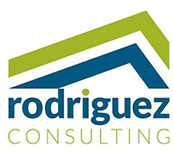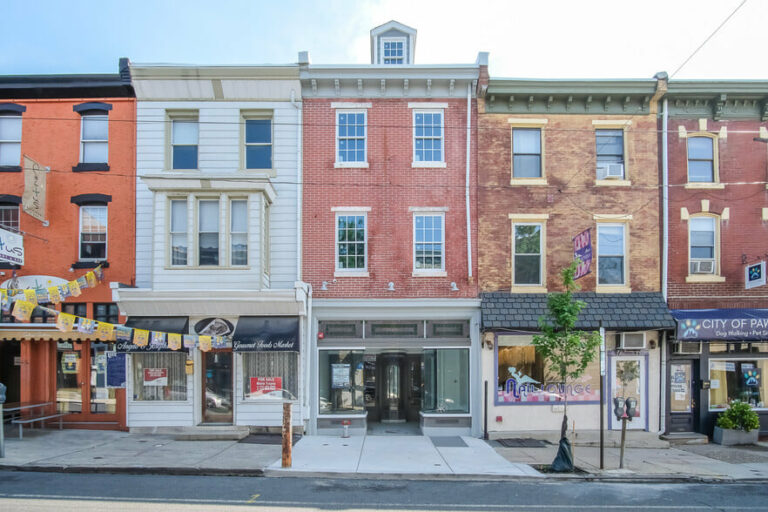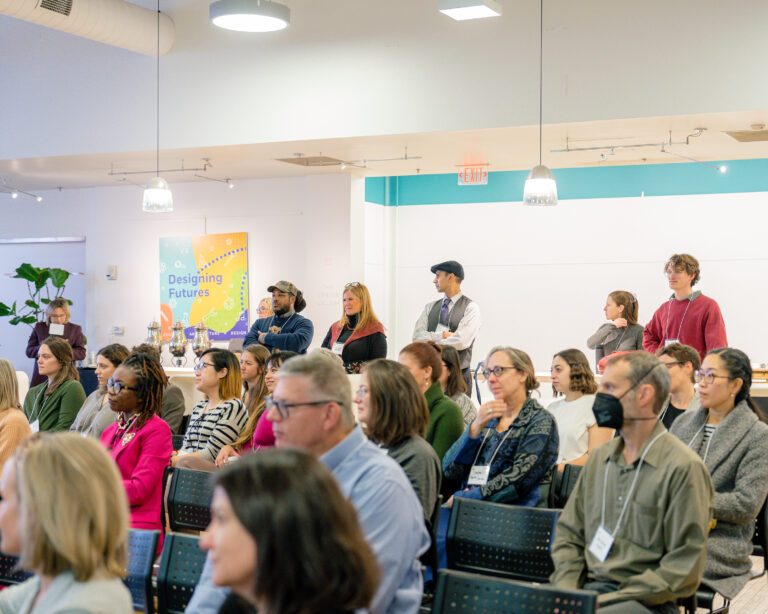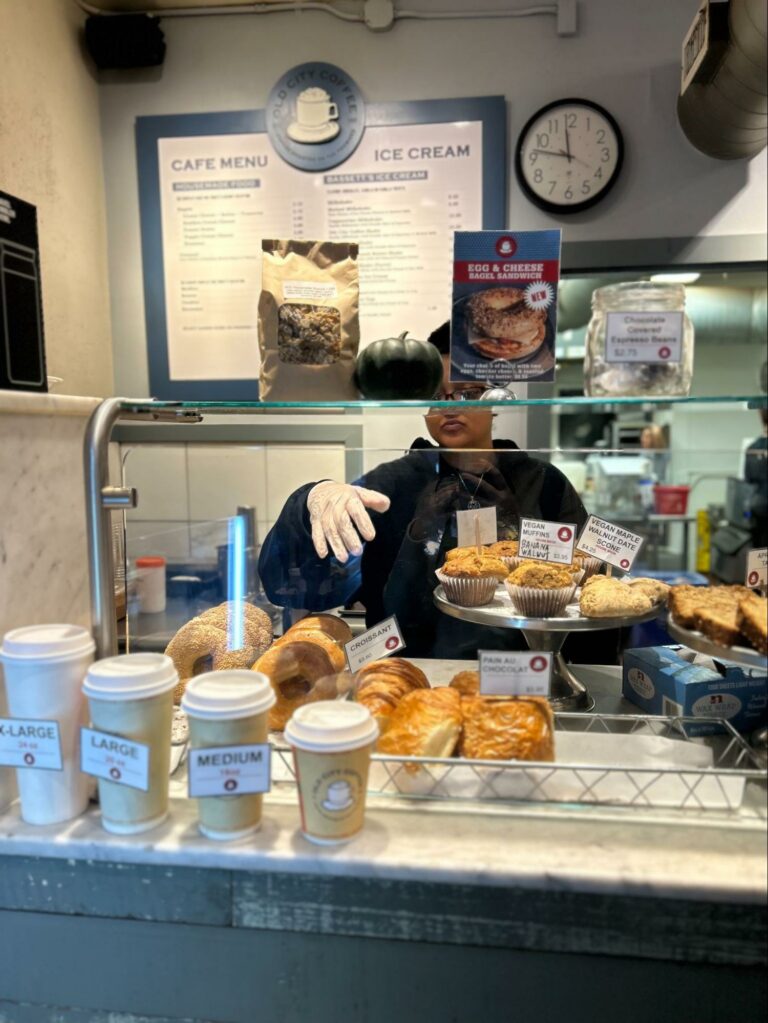To: Current and incoming Philadelphia government leaders and members of City Council, our members and local business owners, and other stakeholders.
RE: Addressing small business needs and recommendations for local government intervention in the city of Philadelphia for 2023 and beyond.
Contact: Devi Ramkissoon, Executive Director
Email: devi@sbnphiladelphia.org
Phone: 215.922.7400
Dated: April 2023
Small businesses are pillars of our communities. Now more than ever, small businesses are feeling the compounded impacts of the covid-19 pandemic, a looming recession, and the growing threats of climate change. That’s why it is critical for government leaders in Philadelphia to fortify our local economy by making significant investments in sustainable economic development, the well-being of our communities, and climate resilience.
The Sustainable Business Network of Greater Philadelphia (SBN), our partners, and small business owners across Philadelphia understand the importance of working together with leaders in city government to build profitable enterprises that serve community needs, share wealth, and protect the environment. Highlighting the priorities of small business owners, this letter calls on policymakers and leaders in city government to strengthen investment in program and policy solutions that support equitable, sustainable economic growth for small businesses, our workers, and our communities.
Addressing Public Safety
It is crucial that the City continues to strengthen and invest in proactive approaches to addressing gun violence and other issues of public safety. Crime is among the top issues for many business owners and residents. In a 2023 poll conducted by the market research firm SSRS, 89% of respondents reported crime as the number one issue that needs to be addressed by the next Mayor. Violent crime not only harms communities, but also places an economic burden on local businesses – who in turn must continue to adapt to the increased threats plaguing the neighborhoods they serve. Businesses are anchors in our communities. City leaders can build on the deep knowledge and trust local businesses have developed in our neighborhoods to disseminate educational tools and resources to our most-impacted communities.
The Kenney Administration has proposed a Fiscal Year 2024 budget of $233 million to make our communities safer and reduce violence. If these funds are approved, it is important that the City prioritize projects such as strengthening SEPTA security personnel and investing in training and technology to improve safety for passengers. Local leaders should also address open air drug use and distribution by targeting sale and use of drugs in parks, recreation centers, libraries, and other public spaces. The City can continue to work with local organizations, businesses, and community leaders to identify community-driven solutions to public safety.
Small Business Participation in City Contracts
Small diverse businesses deserve equitable opportunities to compete for and win City contracts. The City of Philadelphia’s Office of Economic Opportunity ensures that the City is working with diverse businesses to fulfill its needs for goods and services. While this program offers significant benefits, there is additional opportunity for improvement regarding access to contracts for small minority, woman, and disabled-owned (M/W/DSBE) businesses. The City should consider creating a “Small Business Set-Aside” program, similar to the Small Business Administration’s 8(a) program, through which City departments are required to “set-aside” a portion of their contracts to certified small diverse businesses.
Additionally, the City’s Procurement Department has a Local Business Entity Certification program that aims to promote economic development by increasing the City’s use of local businesses for goods and services. With the institution of a “set-aside” program, small businesses that meet this certification could be made eligible to receive set-aside contracts. The City could consider expansion of the certification process to include requirements for mentorship and training for small businesses that enable small businesses to build capacity and effectively compete for contracts. To ensure access to such programs by diverse businesses, the City should also explore avenues to streamline the M/W/DSBE registration process.
Workforce Development and Equity
Increasing access to capital, opportunity, and education for workers and small business owners in Philadelphia is essential for sustained, equitable economic growth. The City has made record investments in workforce training, innovation, and small business development in recent years. The City must continue to strengthen partnerships with local business owners and other community leaders to develop an integrated and community-informed approach to workforce development, prioritizing investment in historically under-resourced communities and in climate-resilient industries. City departments can leverage the network and expertise of local leaders to disseminate important information on opportunities for training, funding, and other resources available to Philadelphia businesses and workers.
Philadelphia has demonstrated a commitment to providing a living wage for municipal employees and the broader Philadelphia workforce, while also advocating for state-level change. The City’s recent investments in equitable wages and family-sustaining jobs are encouraging, and must continue to grow and expand to effectively meet the needs of our communities. The City should continue to work in partnership with local organizations, business owners, and community leaders to prioritize workforce development and wage equity initiatives in communities most-impacted by high poverty, systemic inequity, and continued disinvestment.
Investment in Sustainable Economic Growth
It is vital that small businesses have opportunities for growth and invest in sustainable practices that ensure longevity and better serve community needs. In the past, the City has incentivized growth of small businesses committed to improving their environmental and social impacts as well as their profitability. However, many of these initiatives, such as the Sustainable Business Tax Credit and Sustainable Jump Start Tax Credit, have been left fallow in recent years.
The City can champion investment in sustainable economic growth by revitalizing, streamlining, and expanding upon existing incentives as well as developing new initiatives that prioritize climate-resiliency and small business development in underserved neighborhoods. With lessons learned from the breadth of environmentally-focused efforts adopted in recent years, such as the Plastic Bag Ban, Green City, Clean Waters, and the Food Matters Regional Initiative, the City can continue to identify community-informed, evidence-based, and equitable approaches to invest in sustainable development for small businesses in Philadelphia.
In partnership,

Devi Ramkissoon,
Executive Director
Sustainable Business Network of Greater Philadelphia

Lou Rodriguez,
CEO and Founder
Rodriguez Consulting, LLC
With support from our business membership and regional partners:
Steve Masters, Esquire
President, JustLaws
Micah Gold-Markel
Founder, Solar States
Dennis Shelly, P.E.
Founder, Managing Member, Peer Environmental
Amy Cornelius
Partner, Sustainability Consultant, GreenBeams, LLC
Jenn Richey Nicholas
CEO and Partner, Pixel Parlor
Marsha Levell, MBA, CSM
Principal, Polymath Consulting LLC
Daniel Marzec
Communications and Policy Manager, Green Building United
Nic Esposito
Director of Policy & Engagement, Circular Philadelphia
You can easily sign on to our open letter by entering your name, title, and business here.





